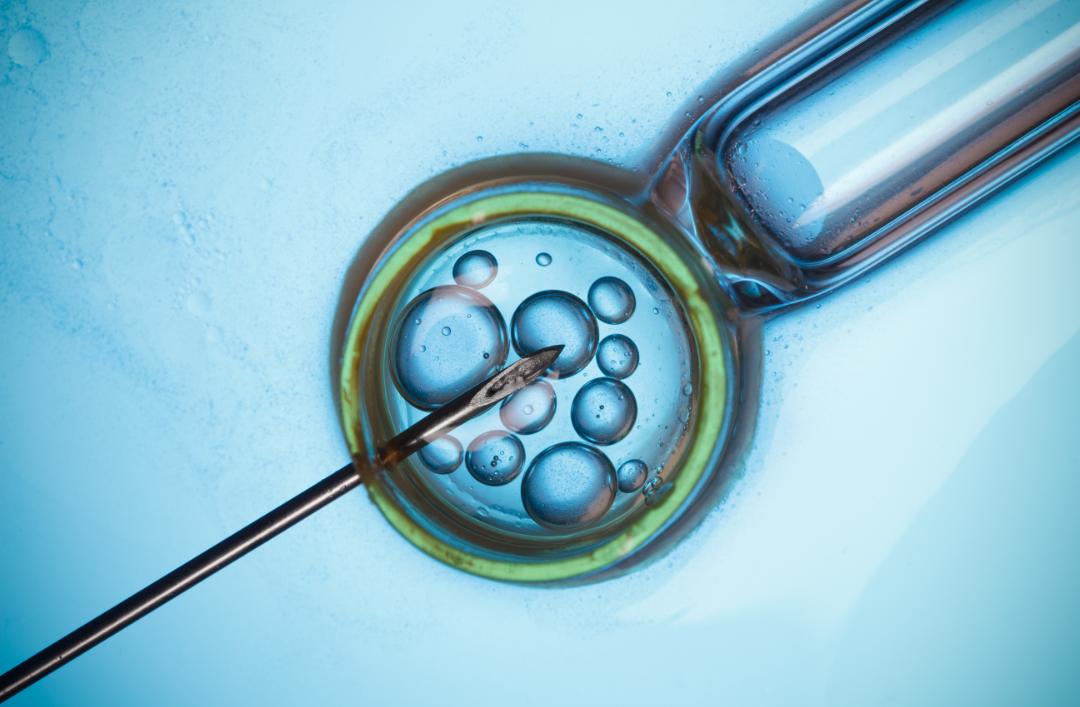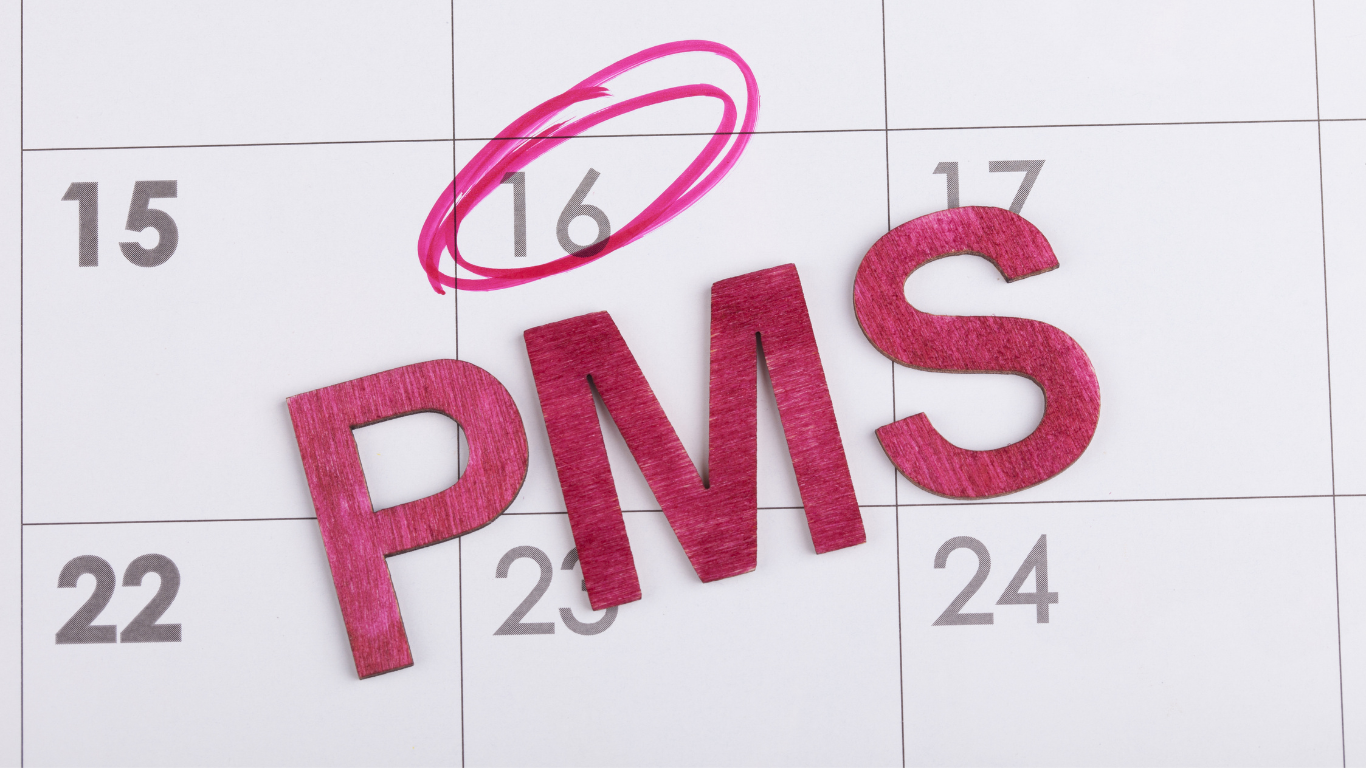
Are you currently having In vitro fertilisation (IVF) or thinking about it? Embarking on an IVF journey can be both exciting and challenging. One of the crucial factors that can influence the success of your IVF treatment is your diet. This blog will explore what to eat during IVF, emphasising how a well-balanced diet supports reproductive health and boosts the chances of IVF success. Read on to discover how you can make the most of your diet during this important time!
How does nutrition impact IVF?
A balanced diet that is rich in various nutrients can improve the chances of a successful IVF outcome, which can play a pivotal role in your fertility journey. What you eat can play a part at each stage of the IVF process:
- Egg retrieval – Certain dietary factors and supplements can positively influence our response to ovarian stimulation; considering these is especially important for women who have experienced poor response previously. For instance, adding Coenzyme Q10 has been shown to support egg quality and ovarian response, especially in women over 35, making it a supplement worth considering during IVF prep. Women are born with a set number of eggs, so while we cannot alter our ovarian reserve we can optimise the environment for follicular development, therefore enhancing the potential for egg growth and retrieval
- Improving Egg Quality – Higher-quality eggs are more likely to be fertilised and develop into a healthy blastocyst which will be suitable for embryo transfer. While age is a significant factor, numerous other influences can impact egg quality including diet, what you eat plays a crucial role in nurturing egg quality.
- Support implantation – Creating a favourable uterine environment is crucial for supporting optimal conditions for embryo survival and successful implantation. Creating an environment with low levels of oxidative stress and a receptive uterine lining is essential for successful implantation. This involves preparing for implantation in advance of the two-week wait, focusing on dietary factors that influence endometrial thickness and receptivity
- Sustain a healthy pregnancy – while miscarriage unfortunately affects 1 in 4 pregnancies with the leading cause being chromosomal abnormalities, there are proactive measures we can implement with diet and lifestyle to enhance the chances of a successful pregnancy.
What to eat during IVF?
If you are wondering if there are any specific foods or diets that can support your ovarian health and improve IVF outcomes, the answer is yes, there definitely is! Here are some practical tips on what to eat during IVF. If you want more guidance, check out our IVF meal plan and guide or book a 1-on-1 appointment.
The Mediterranean diet
You may have already heard of the Mediterranean diet, it is renowned for its numerous health benefits, including reducing the risk of heart disease, diabetes, certain cancers etc. However, do you know that the Mediterranean diet can also benefit IVF outcomes?
The Mediterranean diet is linked with IVF success and can promote a higher chance of achieving clinical pregnancy and live birth. Also, it has been associated with an increased number of embryos in the IVF cycle, and higher adherence to this diet has been linked with a lower risk of infertility.
The best food to eat during IVF treatment
By following a Mediterranean diet, you are encouraged to have more of the following foods.
- Leafy Green Vegetables – Include spinach, kale, and broccoli. They are rich in essential nutrients such as folate, iron, calcium, and vitamins A, C, and K. They are also high in antioxidants, which protect reproductive cells from oxidative damage.
- Oily fish – Include salmon, tuna and mackerel etc. They are rich in omega-3 fatty acid, which is a healthy fat, and are high in protein.
- Legumes – include peas, beans, and lentils. They are both high in fibre and protein, as well as rich in folate, which is essential for fetal development. They contain very low fat, which is a good lean protein options.
What to eat for preparing egg retrieval?
When preparing egg retrieval, nutrition can help improve the egg quality, so more good quality eggs can be collected. Foods rich in antioxidants are key in preparation:
- Berries – They are rich in antioxidants like vitamin C and flavonoids, which protect eggs from oxidative stress.
- Nuts – They are rich in omega-3 fatty acids and other healthy fats that support hormone production and reduce inflammation.
- Eggs – Apart from high-quality protein, which are important for cell structure and function. Eggs are also rich in B vitamins, including B12 and folate, which support energy production and DNA synthesis.
Foods to eat before embryo transfer to support implantation
Prior to embryo transfer, it’s essential to prepare a healthy and conducive uterine environment for implantation to boost the chances of IVF success. You might consider incorporating more of the following into your diet:
- Almonds – a good source of vitamin E, which is beneficial for increasing endometrial thickness, which can increase the live birth rate after embryo transfer.
- Seeds – Chia seeds and flaxseeds are rich in omega-3 fatty acid. They can reduce inflammation and support the uterine environment.
- Soy: Phytoestrogen is the natural compound in soy. Some research suggests it can enhance the probability of implantation, clinical pregnancy, and live birth, so as to improve reproductive outcomes of women undergoing IVF treatment.
In addition, it is recommended to reduce processed and sugary foods: These can cause inflammation and hormone imbalances, which worsen your uterine environment for implantation.
What to do the night before embryo transfer?
The night before embryo transfer, you can have a light and balanced meal to ensure you get enough nutrients and energy. This can support your digestive system and avoid you feeling uncomfortable.
Stay hydrated
Proper hydration is essential for maintaining body functions and supporting may reduce uterine contractility by increasing uterine blood flow.
Relax and sleep well
The most important thing is to sleep well as it fuels you and promotes the best condition for your body. We understand that the night before embryo transfer can be stressful. Try relaxing with some tea, music, or yoga to reduce stress and help you relax.
What should I avoid?
Other than the foods mentioned above, reducing intake of the following drinks could be beneficial as they cause adverse effects to IVF outcomes.
Alcohol – Alcohol can decrease the number of oocytes and increase miscarriage rates. Evidence also shows that consuming 4 alcoholic drinks per week is associated with a decrease in IVF live birth rate.
Caffeine – High caffeine intake can increase the risk of miscarriage.
Conclusion
As you can see nutrition plays a pivotal role in the success of IVF treatments. By adopting a balanced diet, particularly one that follows the Mediterranean pattern, you can support your reproductive health and improve your chances of a successful IVF outcome. IVF can be a long and challenging process, but remember that every step you take towards a healthier lifestyle brings you closer to your goal. Stay positive and focused on your journey, knowing that nourishing your body is also nurturing the potential for new life.
We can’t fit everything into one blog, but If you want to know more about the IVF diet and how to effectively support each stage of the process check out our IVF Diet Plan and Guide which includes detailed information as well as recipes for breakfast, lunch and dinner for 2 weeks to support your preparation.
Last reviewed: July 2025
This article was written by the Fertility Dietitian UK content team and reviewed by Ro Huntriss MSc RD, Consultant Dietitian and Founder of Fertility Dietitian UK.



